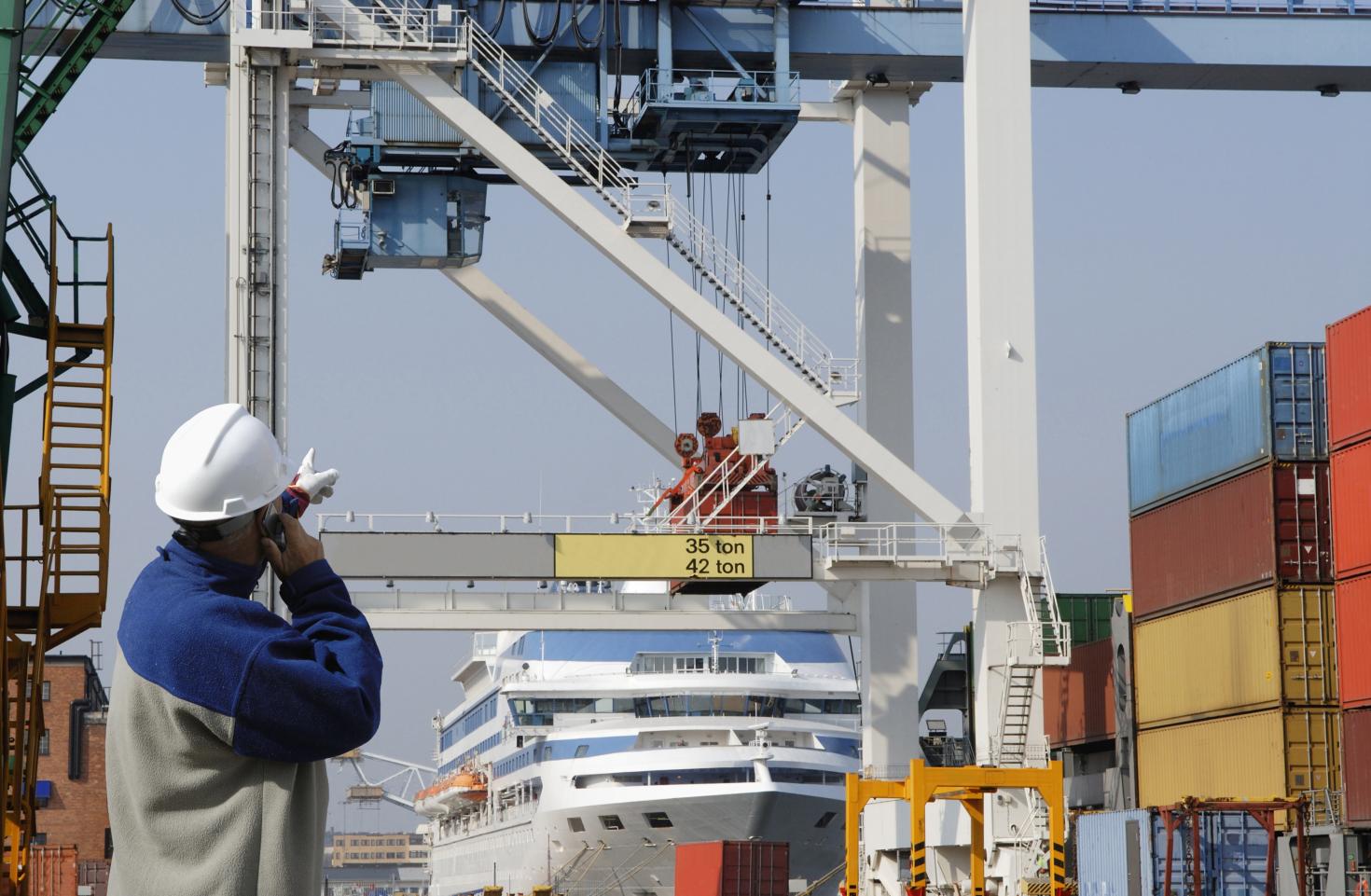Within the framework of the U.S. Food Safety Modernization Act: a joint effort between IICA and the FDA allowed importers and food exporters to the United States to gain greater clarity on this rule.

San José, 10 June 2016 (IICA). The Rule on Accredited Third-Party Certification is one of the six new rules that have been incorporated into the Food Safety Modernization Act (FSMA) of the United States Food and Drug Administration (FDA).
The Inter-American Institute for Cooperation on Agriculture (IICA) and the FDA held a virtual meeting to explain the details, requirements, and scope of this new rule. There were a total of 378 connection points to the virtual session, all from Latin American and Caribbean countries.
Robert Ahern, Leader of the Agricultural Health and Food Safety Program at IICA, stated that the high level of participation spoke to the importance of these topics to the countries, and added his wish for the forum to aid in minimizing the impact on businesses and contribute to their continuous operation without any setbacks.
“There are many questions surrounding this topic, and forums provide the best opportunity to obtain reliable answers and broaden knowledge on the topic,” stated Ahern.
The Final Rule on Accredited Third-Party Certification establishes a voluntary program for the recognition of accreditation bodies which, in turn, authorize certification bodies to conduct food safety audits and issue certifications of foreign facilities and the foods for humans and animals that they produce.
Contrary to what some participants believed, compliance with the rule is not mandatory; that is, exporters are not required to obtain certifications, unless either of the following cases applies:
- If an exporter wishes to establish eligibility for participation in the Voluntary Qualified Importer Program (VQIP), which offers expedited review and entry of food.
- If the FDA deems that food offered for import is potentially harmful, in which case a certification could be required for admissibility.
In the second case, a specific determination must be issued by the FDA. The ability of a country’s regulatory system to guarantee compliance with safety rules is one of the factors that are taken into account. For instance, the FDA considers any natural disasters that may weaken the country’s safety system.
Speaker Allan González of the FDA Regional Office for Latin America emphasized the fact that the rule does not apply to alcoholic beverages or meat, poultry and egg products, since these products are regulated by the United States Department of Agriculture. The rule applies solely to food regulated by the FDA.
More information: ana.cordero@iica.int











